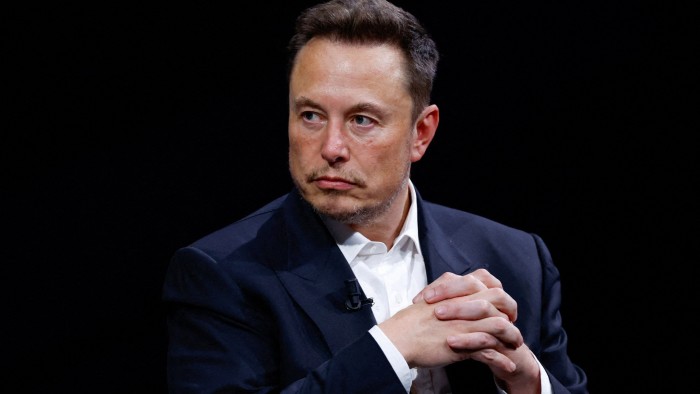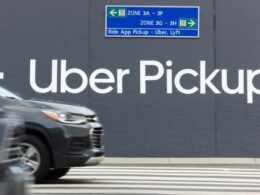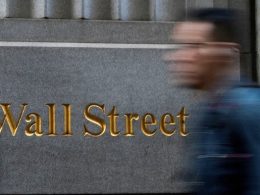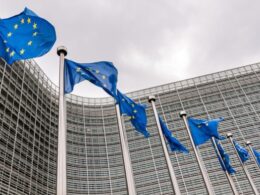Unlock the Editor’s Digest for free
Roula Khalaf, Editor of the FT, selects her favourite stories in this weekly newsletter.
Elon Musk has already faced one legal battle over sending loose tweets in the midst of negotiating a deal. Early next year he will have to convince another California jury in a federal court that his social media antics over a separate big buyout were innocuous.
In 2023, Musk was cleared in a class action securities fraud lawsuit over 2018 tweets declaring “funding secured”, indicating that he would soon execute a move to take Tesla into private ownership. The funding was most definitely not “secured” and some individuals who had bought Tesla shares expecting a buyout eventually lost profits when no transaction happened. A jury decided, however, that Musk’s actions did not meet the definition of securities fraud.
The latest dust-up is over complaints by shareholders who sold shares in Twitter in 2022 after a series of Musk tweets indicated that his signed $44bn deal for the social media platform was on the rocks owing to supposed fake accounts. Two separate attempts by the billionaire’s lawyer to seek a dismissal of the case — which is expected to involve demands for billions in damages — have already failed, setting the stage for a high-profile trial. The plaintiffs have been seeking a deposition from, among others, journalist Walter Isaacson who was shadowing Musk throughout 2022 to write a biography of the entrepreneur.
Musk did eventually close the Twitter transaction on the original terms. And after a rocky start, Twitter, now known as X, has ultimately proved a valuable megaphone for him and his Maga politics. But his personal popularity has dropped. And while Musk has prevailed in court following multiple testimonies, this case will come when his polarising persona may not be so well-received by ordinary Americans sitting in judgment.
Three years ago, Musk began to raise concerns about bots and spam on Twitter. And then on May 13 2022, he went on to tweet that the deal was “temporarily on hold”. That post, along with two others, are now the subject of the case. The shareholder plaintiffs allege that Musk was an unusual corporate acquirer, both personally negotiating and personally purchasing a company for $44bn. As such, they allege he knew, or should have known, that the merger contract did not allow any wriggle room to conduct further due diligence or walk away from the deal, thus misleading the market.
Successfully demonstrating securities fraud requires that plaintiffs satisfy each of six elements: 1) a material misrepresentation or omission; 2) the subject knowingly made the misrepresentation or demonstrated “scienter” as it is known in the legal world; 3) a connection with the purchase or sale of a security; 4) reliance on the misrepresentation; 5) economic loss; and 6) loss causation.
Musk’s lawyers believe the plaintiffs cannot satisfy any of these elements but their most interesting defences may be on the scienter and reliance points. That is, did Musk truly know he was falsely claiming he could hold up the deal or was he reckless in not knowing that? And separately, should shareholders have known simply to ignore his tweets?
On the latter reliance point, Musk’s lawyers have said that the merger agreement was publicly filed when the buyout was announced in April 2022 and the public could read for themselves about the strictness of the merger contract.
After Musk began to signal he had cold feet on the deal, shares of Twitter fell to the low $30s, more than a third below the deal price. Notwithstanding Musk’s persistent efforts to recut and renege on the deal, this seemed odd at the time. Courts in Delaware — the agreed jurisdiction for the deal — had almost never let a buyer walk away from a signed deal. As such, most corporate buyers know better than to even attempt such a stunt.
And on the eve of the Delaware trial after months of tough talk from Musk and his lawyers, he meekly gave in, confirming what everyone should have known from the start — that he had no viable escape hatch from the Twitter deal. The path from false bravado to capitulation alone should be embarrassing for him.
Musk is also facing separate lawsuits from shareholders and the Securities and Exchange Commission over allegedly tardy disclosures over his purchase of Twitter shares at the outset of the acquisition. And Tesla and Musk narrowly escaped charges that he bailed out his personal investment in SolarCity when Tesla acquired the clean energy company in 2016.
To his credit, Musk’s dealmaking usually works out for him. But his carelessness with public language in areas of market sensitivity is real and may catch up with him eventually.
Source link









